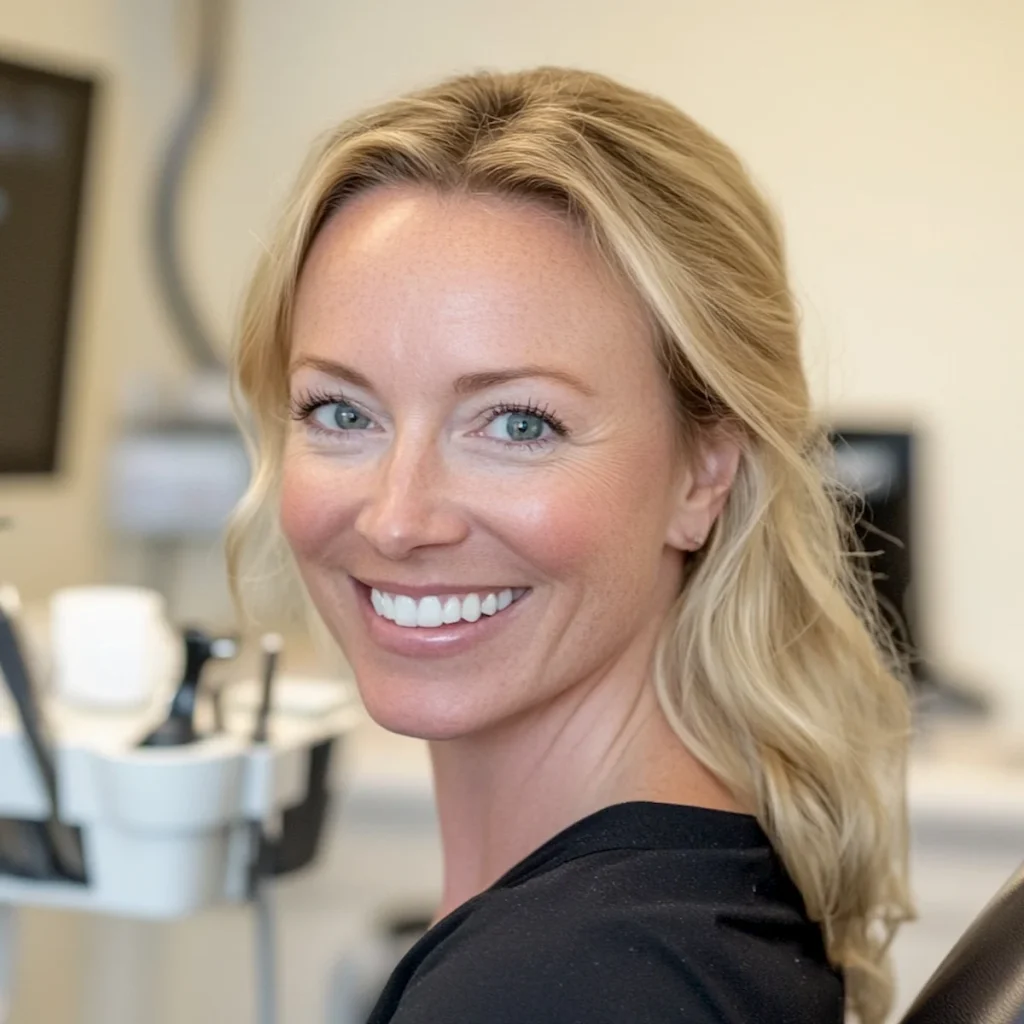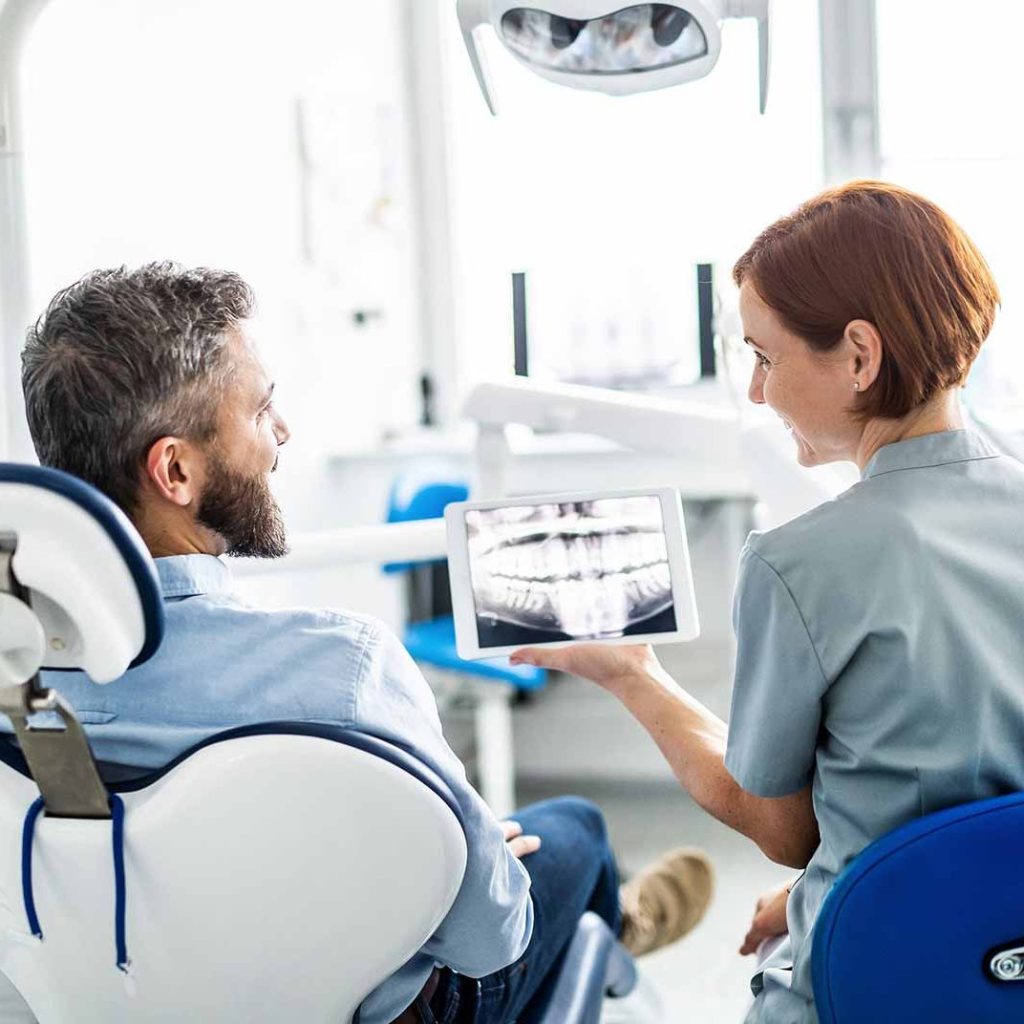Wondering what to eat after a tooth extraction? Here are some dentist-approved soft foods, recovery tips, and a 3-day meal plan. Contact us today.
Getting a tooth extracted—whether due to decay, wisdom teeth issues, or another dental need—can feel daunting. At The Dental Anesthesia Center, we believe your recovery should be as smooth and comfortable as possible, especially for patients who undergo sedation dentistry. A big part of that comfort? Knowing precisely what you can eat after your procedure.

Why Diet Matters After Tooth Extraction
Eating the wrong foods too soon can disrupt blood clot formation, increase bleeding, or even lead to painful complications like dry socket. Choosing the right textures, temperatures, and nutrients can help reduce inflammation, ease discomfort, and promote faster healing.
For patients who choose IV sedation or general anesthesia, it’s even more important to follow post-op dietary guidelines due to potential lingering grogginess or nausea.
First 24 Hours: Liquids & Cool Soft Foods
On the first day after surgery, stick with cold or room-temperature liquids and very soft foods. Avoid straws—sucking can dislodge the clot.
Recommended foods:
- Cold broth or bone broth
- Applesauce
- Yogurt (plain or Greek)
- Smoothies (without a straw)
- Pudding or gelatin
Avoid: Anything hot, crunchy, spicy, or acidic. These can aggravate the surgical site or cause bleeding.
Day 2–3: Soft, Nourishing Foods
If you’re healing well, you can start to add lukewarm, soft solids. This phase is about reintroducing texture without risking injury.
Ideal choices:
- Mashed potatoes or sweet potatoes
- Scrambled eggs
- Oatmeal or cream of wheat
- Soft-cooked pasta or mac and cheese
- Cottage cheese
These foods provide protein and energy to support healing. If possible, chew away from the extraction site.
Day 4 and Beyond: Gently Reintroduce Normal Foods
Most patients can slowly return to their regular diet by day 4–7. Still, avoid hard, crunchy, or chewy items like chips, nuts, or steak for at least a week.
You can now enjoy:
- Soft sandwiches
- Cooked vegetables
- Fish or tender chicken
- Rice or couscous
Stay alert to any signs of pain or bleeding. If something feels too harsh to chew, switch to softer options.
What Foods to Avoid Entirely (For Now)
To prevent complications and support healing, skip:
- Straws: Can cause dry socket by dislodging clots.
- Spicy and acidic foods: May irritate the gum tissue.
- Seeds or grains: Can get stuck in the extraction site.
- Alcohol and tobacco: Impair healing and raise infection risk.
Sedation Patients: Extra Cautions After Eating
If you underwent IV sedation or general anesthesia, your recovery may include:
- Nausea or delayed appetite
- Slight throat soreness from a breathing tube
- More strict post-op instructions from your dental team
Hydration is key—sip water often, and don’t rush your meals. We recommend avoiding all solid food until your sedation has thoroughly worn off and you feel stable.

When to Call Your Dentist
Reach out to your dentist or oral surgeon if you notice:
- Persistent bleeding or bad taste
- Severe pain after 3–4 days (possible dry socket)
- Signs of infection (fever, swelling, pus)
- Difficulty eating or drinking due to nausea
Healing Through Nourishment
What you eat after a tooth extraction matters as much as how the procedure goes. Stick to soft, healing-friendly foods, avoid anything that might cause trauma, and listen to your body. If you’re anxious about oral surgery or have special needs, sedation dentistry can make the entire experience smoother and more manageable.
Contact The Dental Anesthesia Center Today
If you need a dentist specializing in comfortable, sedation-based care, contact The Dental Anesthesia Center for expert, compassionate support.

